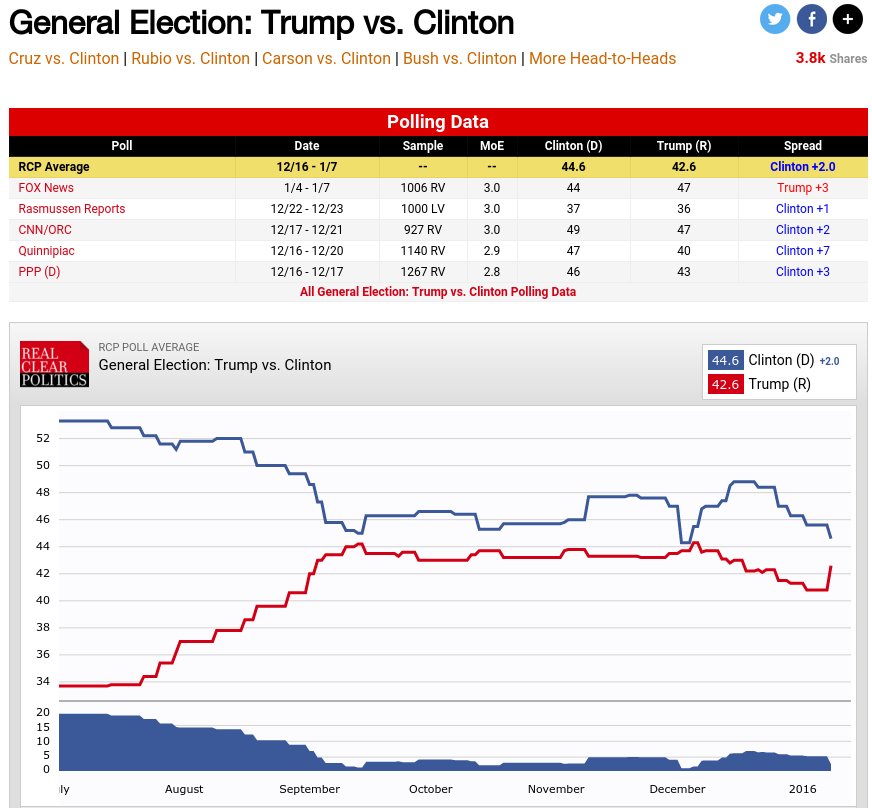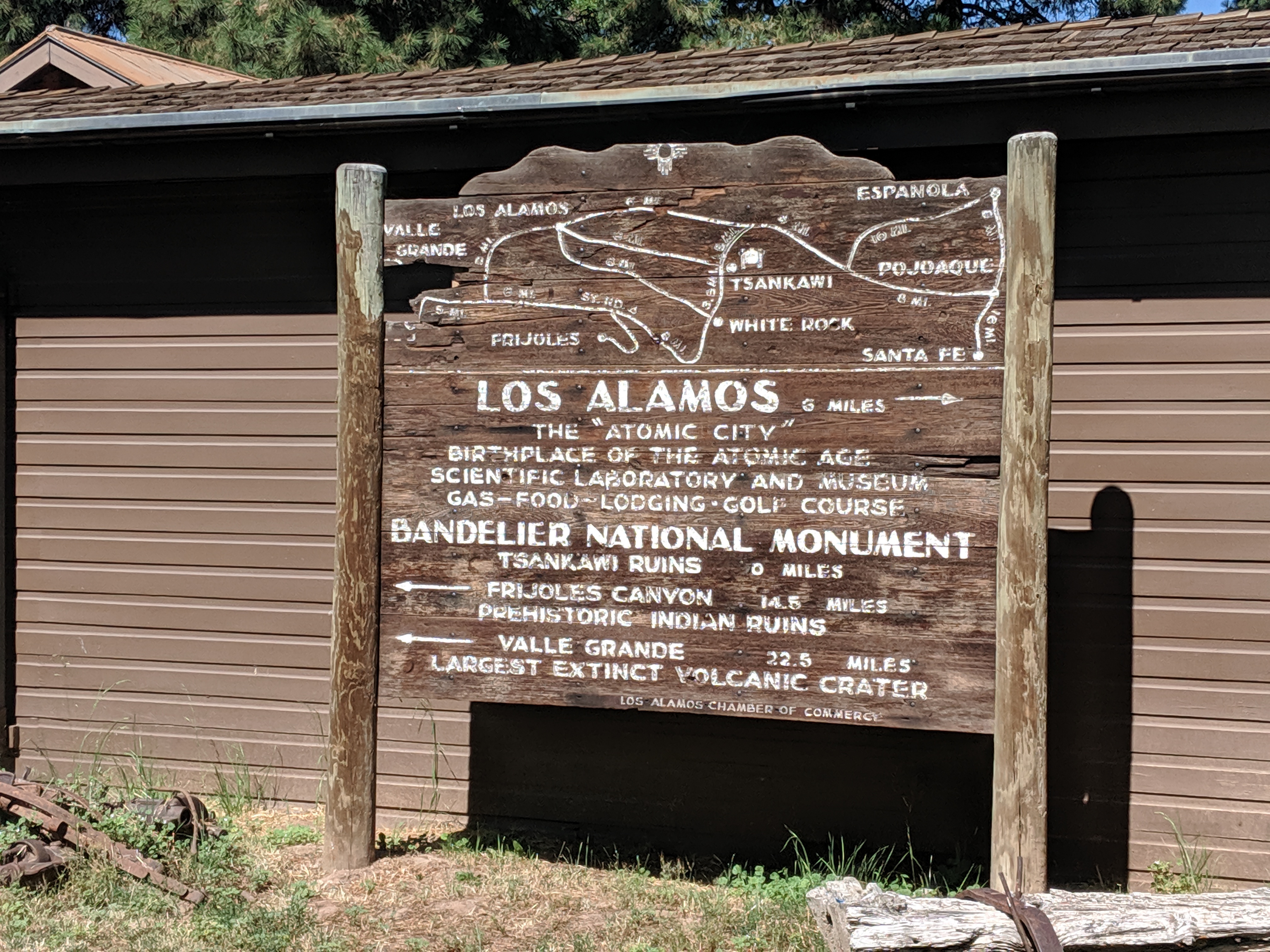I found this interesting article on the whole ecosystem of the innovation crisis: the “Gathering Storm” report, the America COMPETES act, the failure to fund all of this last year, the efforts to get science into the supplemental, and the connections between science and the economy. Science Magazine’s article [1] has some interesting statements in it. I found the following criticism of the proposed solutions to higher s prices rather helpful as a summary of real problem:
“The country responds to a crisis, preferably one involving national security,” says [Dan] Mote[, President of the University of Maryland]. “But the country doesn’t see a crisis. Congress doesn’t see a crisis. People complain about $4-a-gallon gasoline, but nobody sees the connection to not developing enough alternative energy technologies. They blame it on not drilling in ANWR [the Arctic National Wildlife Refuge] or on gasoline taxes.” Mote says that the cost of the recently passed economic stimulus package–$168 billion in
checks of up to $600 to taxpayers–“could pay for RAGS for a decade. As it is, the money doesn’t do a damn thing about the underlying problem.”
At one point in the article, the writer says,
” . . . meeting organizers tried to rally support for adding up to $900 million to the current budgets of the U.S. National Science Foundation, the Department of Energy’s Office of Science, and the National Institute of Standards and Technology. President George W. Bush opposes the idea–now pending in Congress as part of a supplemental spending bill to fund the wars in Iraq and Afghanistan–even though he asked for the entire amount more than a year ago as part of his American Competitiveness Initiative (ACI). And three Cabinet secretaries delivered the Administration’s message that the Democratic-led Congress is to blame for failing to fully fund ACI. Still, the bipartisan appeal of innovation was evident as seven legislators, representing both parties, described their faith in the country’s ultimate ability to compete in a global economy.” (emphasis mine)
I’m getting tired of rhetorical shadows on the wall, and I’m not keen on jumping at them. However, this is the first time I’ve heard that the President has expressed opposition to this idea. My understanding was that he opposed putting the money in there himself, because he saw the failure to fund the ACI as Congress’ fault (consistent with this paragraph), but that he would not oppose the adding of such money by the Congress.
Guess we’ll just have to stop reading the Turkish coffee grounds and trying to tell the fortune of this supplemental science effort.
[1] U.S. SCIENCE POLICY: Going From RAGS to Riches Is Proving to Be Very Difficult



